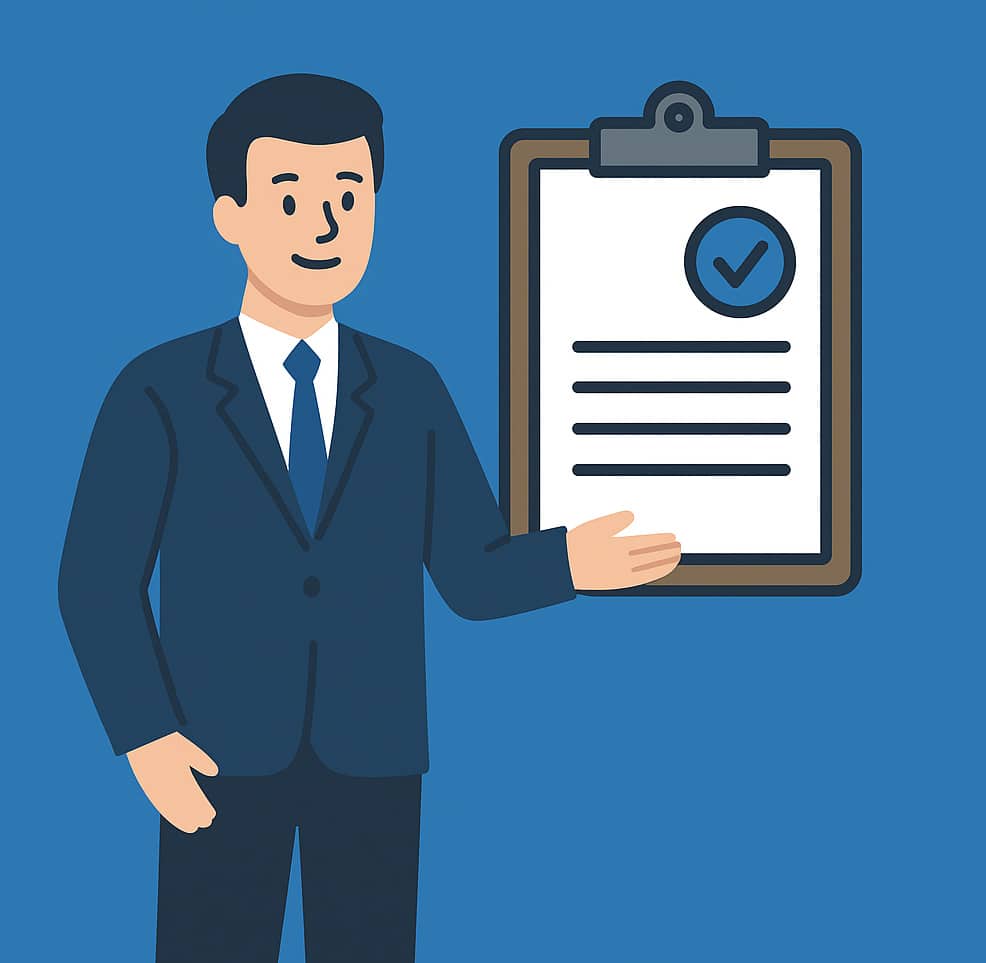Our Advice for First-Time Landlords

With so many rules and regulations to navigate, becoming a landlord in Scotland can be a daunting concept. However, with the proper help and instruction, becoming a landlord can be both profitable and fulfilling. We have created a handy step-by-step guide to becoming a landlord.
Legal Responsibilities for First-Time Landlords
If you’re renting out a property in Scotland, make sure to:
- Register as a landlord on the Landlord Registration Scotland website.
- Get the right mortgage or permission from your lender.
- Have landlord insurance for protection.
- Complete safety checks (gas, electrical (EICR), and PAT if you leave appliances)
- Install safety alarms (smoke, heat, and CO alarms)
- Do health checks (legionella and lead tests)
- Provide an EPC to show energy efficiency.
- Use a Private Residential Tenancy (PRT) agreement.
- Protect the tenant’s deposit with an approved deposit scheme.
Setting a Reasonable Rental Price
When you’re ready to find a tenant, you should take the time to promote your rental property at a fair price. Of course we can help with that, but to ensure that your property remains competitive while remaining profitable, browse online for similar properties in the same postal code area as a guide. Then, assess your property’s size, condition, and any unique features it may have, and price it accordingly.
Ideally, your rental revenue should cover mortgage payments, maintenance, and insurance, while also offering a reasonable margin of safety to satisfy the mortgage lender, where applicable.
Tenant Search and Background Checks
Choosing the right tenant is the most vital part of the process.
The easiest way to find an ideal tenant is to:
Get to know the Tenant in Person: Attend the property viewing to meet prospective tenants face-to-face. It’s a great way to build rapport and get to know them.
Income and Employment Check: Verify the tenant’s job, income, and work history to make sure they have a stable income for rent.
Check Previous Landlord References: Reach out to the tenant’s previous landlord and ask about their behaviour and see if they paid rent on time and took care of the property.
Credit Checks: Running a credit check helps you understand a tenant’s financial stability. It’s best to do this during the application process. Several third-party companies can handle credit checks for a small fee.
Proof of Identity: Ask for the tenant’s ID to verify their identity.
The Tenancy Agreement
The tenancy agreement explains the rules and conditions of renting, giving clarity to both parties and avoiding conflicts.
Make sure your tenancy agreement covers the essentials:
- Property address and location
- Rent amount, due date, and payment method
- Deposit amount and how it’s protected
- Rules on pets, smoking, and subletting
- Landlord and tenant repair and maintenance responsibilities
- How to end the tenancy
- How communication will be handled during the tenancy
Protect Tenant Deposit
When a tenant pays a deposit, it must be submitted to a government-approved deposit scheme within 30 days of the start of the tenancy. Landlords must also provide written details about the deposit, the protection plan, and the process for reclaiming it. If a dispute arises at the end of the tenancy, the deposit scheme will provide a free dispute resolution service and will act as an independent adjudicator to resolve the dispute fairly.
Get a Landlord Insurance
It is essential to protect your property assets in every way possible. There are many insurance companies that will provide a range of protection with the option of purchasing additional coverage. Most policies don’t cover tenants’ goods or normal wear and tear, but they do cover most things.
General landlord insurance typically includes:
- Building insurance: Protects your property against damage from fire, flood, or vandalism.
- Contents insurance: Covers carpets, flooring, and any household items you provide in the property.
- Property owner liability insurance: Covers legal costs if a tenant or visitor is injured on your property.
Optional Add-Ons:
- Legal expenses cover: Helps with legal costs for disputes, rent recovery, or eviction.
- Loss of rent cover: Protects against lost rent if the property becomes uninhabitable.
- Breakdown cover: Covers repair or replacement costs for essentials like boilers, heating, or plumbing.
- Rent guarantee cover: Protects you if a tenant fails to pay rent.
Tax Responsibilities
As a landlord, you must declare your rental income and pay taxes on any profits you generate from renting out the property. To notify HMRC of your rental income, you must complete a self-assessment tax return each year. The self-assessment tax return can be prepared by you or an accountant.
Expenses used solely for the rental property can be subtracted from your rental income to work out taxable profit.
We advise that you talk to a tax expert or accountant who can give you personalised help on how to handle your rental income, expenses, and tax obligations.
Property Check-In Inventory Report
You should make an inventory at the start of the rental period because it tracks the property’s state at that time. This process plays an important role in protecting both the landlord and the tenant from disputes concerning cleanliness or damage at the end of the tenancy. The inventory not only protects the tenant’s deposit, but it also helps the landlord with any disputes about what was pre-existing damage versus tenant-caused concerns. An excellent inventory will be detailed and contain photos of the property. It is recommended that both the landlord and the tenant sign the inventory to confirm their mutual understanding of the property’s condition.
Stay on Top of Maintenance
It is best to deal with maintenance issues as soon as possible to maintain a good relationship with your tenant. Non-urgent maintenance should be resolved within a reasonable time frame, with serious issues handled within 24 to 48 hours.
To stay on top of maintenance:
- Conduct regular inspections and deal swiftly with any emerging maintenance issues
- Keep safety certificates up to date.
- Check both the inside and outside of the property regularly.
Keep Accurate Records
Maintaining clear records helps you stay organised and quickly access important information when needed:
- Rent ledger: Track when rent is due and when payments are made.
- Deposit: Make sure to keep a record of the deposit, together with all the details.
- Maintenance: Note reported issues, dates, repair costs, and how long it took to fix them.
- Documents: Keep copies of the lease and all safety certificates. Since many certificates expire yearly, track their dates to ensure they’re always valid.
When the Lease Ends
Have the property inspected before the tenant leaves to look for damage or missing items. It is essential to keep a record of everything by taking photos and videos. Make sure the property is clean, appliances and alarms are working, return the deposit with any agreed deductions, and record the final meter readings.
How to Succeed in Your Landlord Journey
Being a first-time landlord can be rewarding and challenging. Unexpected scenarios may arise, but by following this advice, you will be well-equipped to manage your property, remain compliant, protect your investment, and develop excellent relationships with tenants.
Staying prepared, organised, and open to learning is key to success. Whether you own one property or several, being proactive will help you thrive as a landlord.
How Western Lettings Can Help
Western Lettings Glasgow takes the stress out of being a landlord. We take care of tenant checks, property upkeep, and rent collection, making the letting process smooth and worry-free.
Let us help you take the stress out of property management. Contact us today and let our team help you manage your property with confidence.



